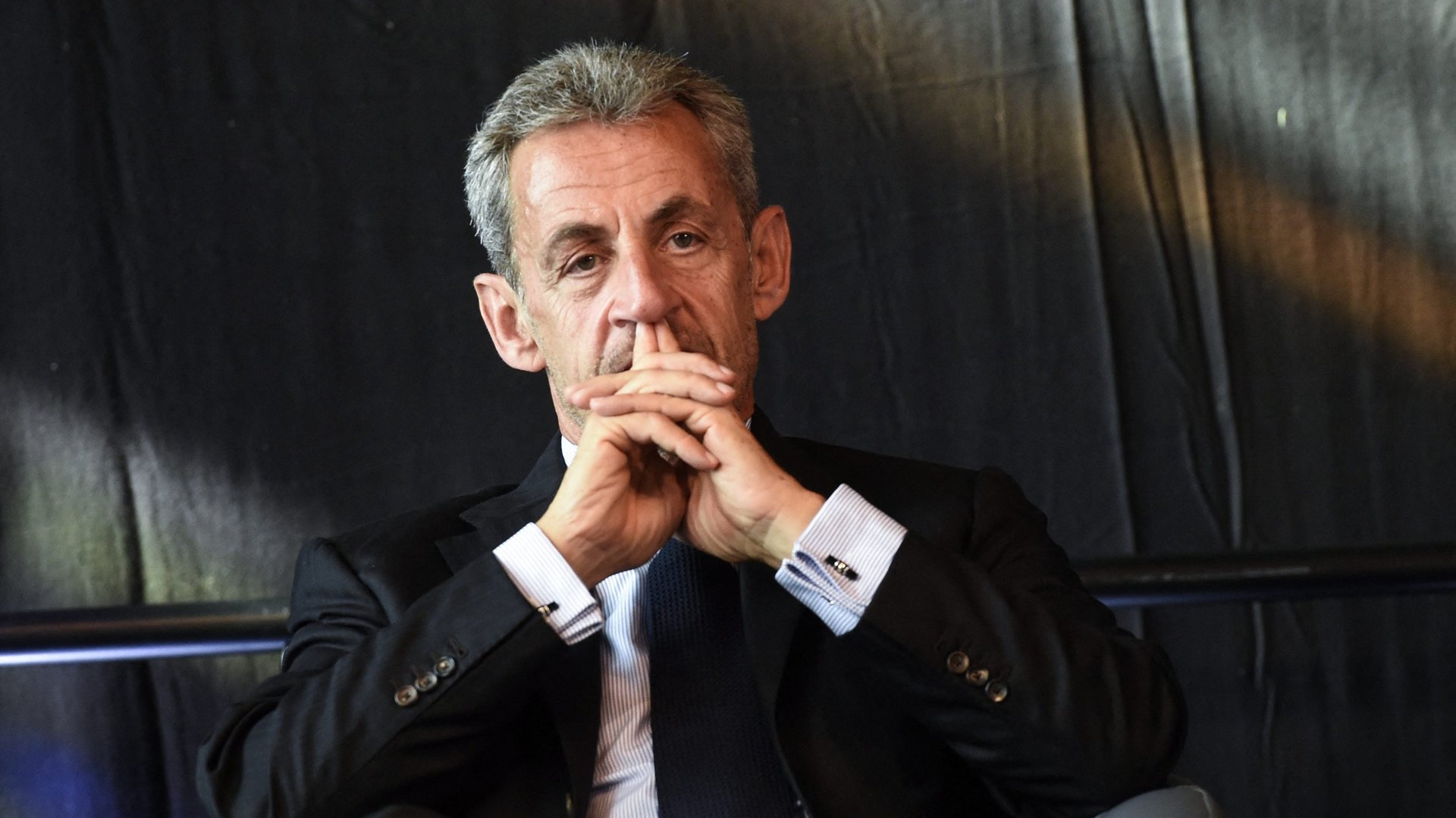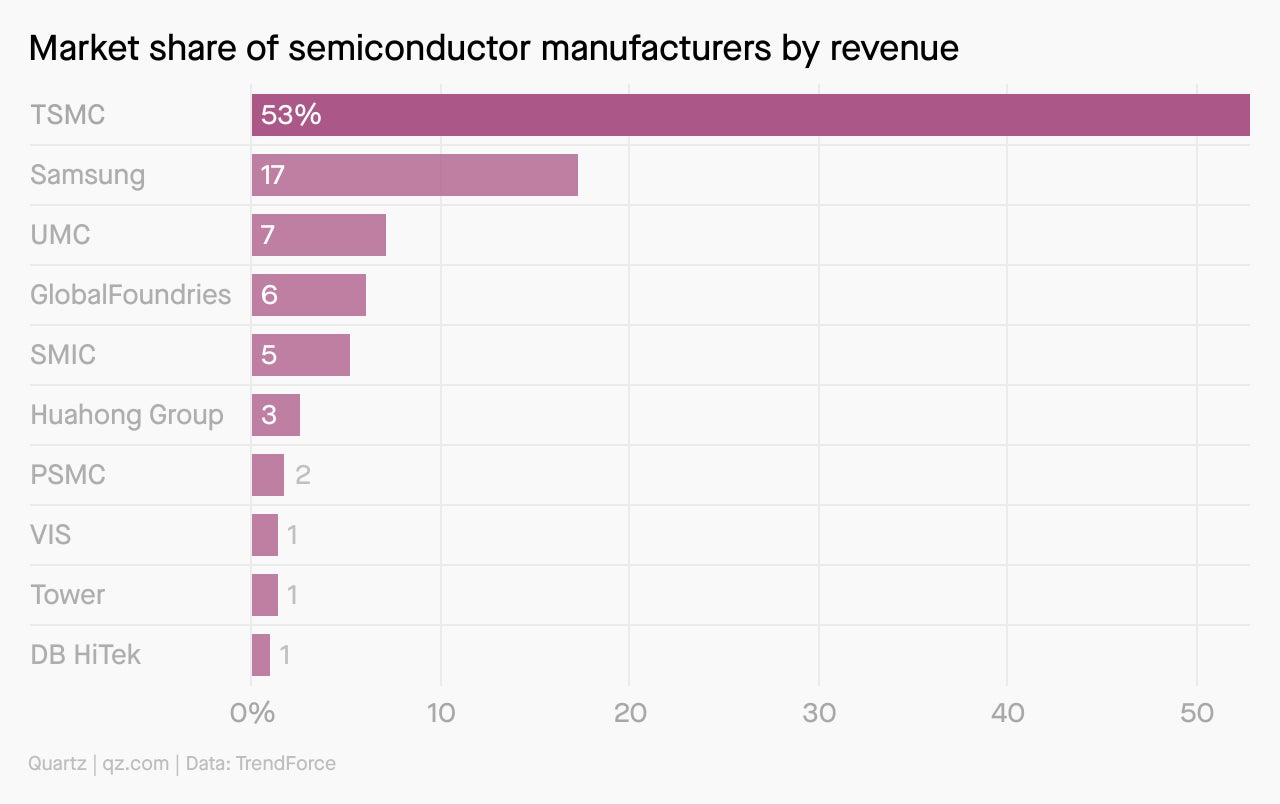North Korea will reopen its South Korea hotline
Good morning, Quartz readers!


Good morning, Quartz readers!
Was this newsletter forwarded to you? Sign up here. Forward to the friend who always has a bird’s-eye view.
Here’s what you need to know
North Korea will start picking up the phone again. Kim Jong-Un said hotlines with South Korea will be restored in early October.
Nicolas Sarkozy was convicted of illegal campaign financing. The former French president will be allowed to serve his one-year sentence at home under electronic surveillance.
Evergrande’s wealth management unit paid back some of what it owed investors. The developer said it made a 10% repayment of wealth management products that were due yesterday.
Switzerland is trying to make nice with the EU. The Alpine nation’s upper house of parliament voted to unfreeze $1.41 billion in payments to poorer EU members that were blocked in 2019 after treaty talks went south.
The UK ended its pandemic jobs support scheme. The government will no longer subsidize wages for furloughed workers; about 1.9 million are still on furlough. Separately, the UK announced a £500 million ($673 million) fund to assist families in need.
The US avoided a government shutdown—for now. Congress passed a bill, which president Joe Biden is expected to sign, to fund the federal government through Dec. 3.
A Chinese court ruled against Tesla in a fraud case. A driver had sued the auto manufacturer for allegedly understating the extent of repairs done to a vehicle purchased through the company’s official used-car platform.
What to watch for
China’s new data rules for the automotive sector take effect today, part of a sweeping new data security architecture the government is building out that will involve specialized rules for other industries, too. The new rules will restrict the type of data that can be gathered by smart cars and how long it can be held, and are likely to present companies with new compliance challenges:
- The rules define “important” data, which includes data about people and traffic in military areas, charging networks, and traffic volumes. These will have greater protections, and security assessment will be required for any data to be transferred overseas.
- In general, data collected should be processed inside the vehicle.
- Car makers, suppliers, and processors will have to submit annual reports on their data practices.
China’s power crunch
For many residents in northeastern China, the power cuts of the past week have felt like a return to the 1980s, when China had acute power shortages due to the stunning pace of its economic growth. In addition to residential use, the shortages are affecting businesses and factories, including suppliers to global tech giants such as Apple and Tesla. How did we get here?
1️⃣ Higher demand, higher coal prices, and climate goals put pressure on localities to curb energy use.
2️⃣ Some factories began shutting down temporarily to conserve electricity as early as May, but by late September, some cities were starting residential outages.
3️⃣ Beijing decided Wednesday to put some measures in place to ease the strain and prepare for winter, which is most definitely coming.
Chipping away at our electronics
Chances are, you didn’t think about semiconductors much until you started feeling the squeeze of a shortage. But that’s what happens when more and more electronics demand not just chips but lower-priced chips, and the tech industry relies mostly on just one company to make them. And that company has gotten really, really good at it.

This week’s The Company email supplies you with everything you need to know about Taiwan Semiconductor Manufacturing Corp. (TSMC), though it won’t, sadly, supply you with a PlayStation 5.
✦ You’ll need a Quartz membership, but we’ll never run out of those—get 40% off with code QZEMAIL40.
Surprising discoveries
Kanye’s $90 Gap hoodie already costs 10 times the list price on Depop. $899.99 is kind of a lot for a pretty ordinary sweatshirt.
Scientists created images of mummies’ faces using their DNA. The technology is more often used to solve modern-day cold cases.
A stash of pre-Revolution French coins sold for more than €1 million ($1.2 million). Workers discovered the gold pieces inside the walls of a house undergoing renovation.
Researchers think they figured out what produces identical twins. All twins have the same markers on their DNA.
Beethoven’s 10th symphony was finished using AI. It debuts on Oct. 9, for better or for worse.
Our best wishes for a productive day. Send any news, comments, $900 sweatshirts, and unfinished symphonies to [email protected]. Get the most out of Quartz by downloading our iOS app and becoming a member. Today’s Daily Brief was brought to you by Tripti Lahiri, Jane Li, Liz Webber, and Susan Howson.